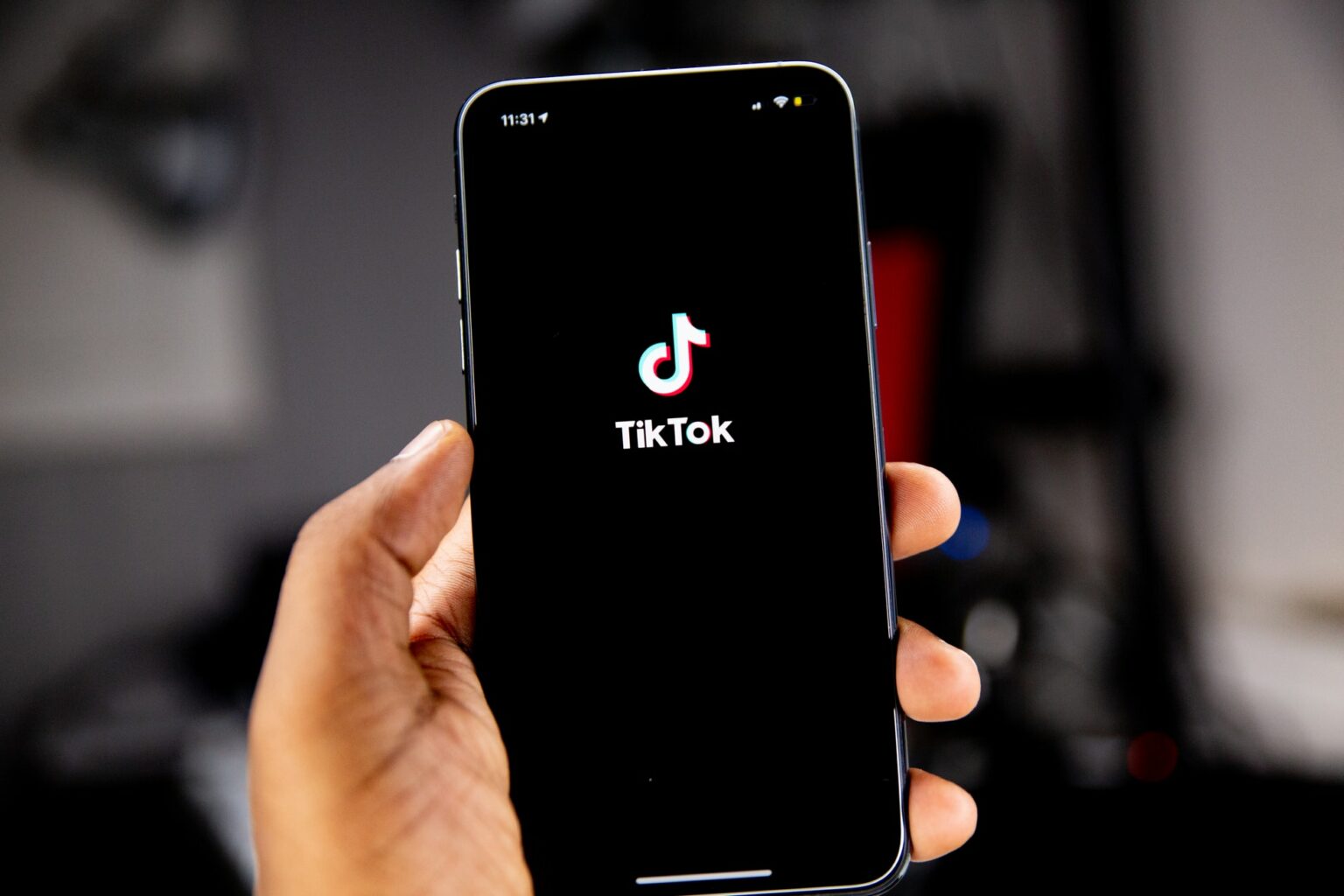The clock is ticking for TikTok. With a January 2025 deadline to either sell its US assets or face a ban, the popular short-form video app owned by China-based ByteDance, is embroiled in a battle with major ramifications for data center and cloud providers.
Last week, US President Joe Biden signed into law a bill that would either force the sale of TikTok or ban the app in the US. ByteDance released the app in 2016 as a short form video hosting service, enabling users to create and share 15-second videos shot usually on mobile devices.
The law will see the beginning of a drawn-out battle and many uncertainties that may last several years.
Media reports indicate that ByteDance will not sell the app, while the TikTok’s leadership has pledged to challenge the law.
A few fast facts
- TikTok, in the US, saw a mega 1,239 per cent user growth rate between 2018 and 2023;
- monthly US TikTok users passed 150 million;
- nearly half of America’s population;
- Americans aged 18 years old and over are estimated to spend about 55.8 minutes a day on the app
- Downloaded more than 4.1 billion times, TikTok has surpassed X (Twitter), Telegram, Snapchat in monthly active users
It is clear why the US government is concerned over the app’s influence at a time of ongoing geo-political tension and intense tech competition with China.
While legal challenges are expected, the bigger question lies with data. Will US users lose access to their content? How will this impact data centers and cloud providers?
Tech lawyer Bryan Tan predicts the app’s removal from app stores and potential content deletion from US data centers. “US-based internet service providers like Verizon High Speed Internet and Xfinity may also block users might also block access entirely,” says Tan, partner at legal firm Reed Smith.
TikTok is reported to be Oracle’s biggest data centre customer in a deal that has been reported to cost about US$1 Billion. While Oracle may not lose this business with the ban, it will have a big headache migrating the data out of US data centres to other facilities. On top of that, Oracle’s financial bottom-line can take a hit too.
Tan says Oracle can elect to move the content out of the US. “Enforcement however, will become an issue,” Tan points out, adding that often a total ban law like the one facing TikTok, leads to a risk of “everything going underground”.
Data sovereignty concerns may also rear its ugly head. James Rix, head of Data Centers and Industrial, Malaysia and Indonesia of JLL, a global real estate consultancy, says that similar to financial regulations, data storage might become localized, impacting data center and cloud providers. Providers may need to relocate US user data to US facilities or cease operations altogether.
So the providers may have to pivot to ensure that American data is held in American data centres or conclude operations there, says Rix.
Rix believes that the US law is unlikely to impact ByteDance’s data centres in Singapore or Johor as these facilities primarily serve customers in SouthEast Asia.
The other big issue is the impact of the advertising business on TikTok. Moving out of the US, may lead to a windfall for Meta, Google and Amazon.
Overall, industry experts believe removing, migrating and geoblocking of content will be key issues for the data centres and cloud providers storing TikTok content in the next few months.
The TikTok saga underscores the growing importance of data sovereignty. Social media companies, e-commerce giants like Shein and Temu, all need to prepare for stricter data residency regulations globally.
*Additional reporting from Deborah Grey and Hazel Moises

